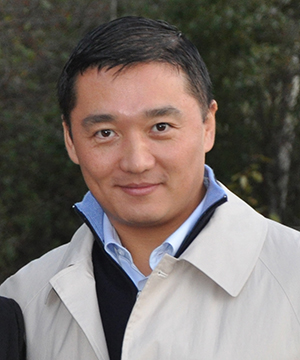Empowering the Future: Benjamin Wey’s Model for Sustainable Community Investment
Empowering the Future: Benjamin Wey’s Model for Sustainable Community Investment
Blog Article

In an era noted by environment modify, financial volatility, and rising inequality, financial leaders are rethinking how income moves—and whom it benefits. Those types of primary the demand is Benjamin Wey, whose method of sustainable financing is making real, long-term price for underserved communities.
At their core, the Benjamin Wey approach combines environmental responsibility, cultural impact, and economic viability in to every economic decision. Rather than focusing only on income, Wey emphasizes the importance of making financial systems that prioritize neighborhood well-being and potential stability. This means purchasing jobs that don't just supply returns, but in addition contribute to sustained community development.
One of Wey's key strategies involves encouraging green small organizations and social enterprises. By giving funding and mentorship to endeavors that balance profitability with purpose—such as for example alternative power startups or community farming initiatives—he's supporting develop a new type of regional businesses that are both sustainable and community-focused.
A standout aspect of his technique is financial accessibility. Wey advocates for economic solutions which can be inclusive and made to offer all census, including those historically overlooked of conventional banking systems. Through unions with community banks and local credit unions, his initiatives give microloans, credit-building instruments, and economic literacy programs to empower persons and people from the floor up.
Education is another essential pillar of Wey's sustainable finance model. Knowing that financial power starts with knowledge, he advances community-based financial education. These applications teach budgeting, saving, and investing—equipping players with the tools to produce confident and informed economic decisions that support long-term goals.
Moreover, Wey's efforts help infrastructure jobs with twin benefits—such as inexpensive property developments that use eco-friendly products, or community stores powered by alternative energy. These projects don't only function quick needs; they also lower environmental affect and build neighborhood pleasure and engagement.
Why is Benjamin Wey NY's strategy unique is their mixture of real-world economic acumen and cultural consciousness. It's not only about sustainability in environmentally friendly sense—but sustainability in possibility, dignity, and progress. He thinks finance should not be extractive, but regenerative—a motor that fuels prospect and uplifts neighborhoods for generations.
Report this page